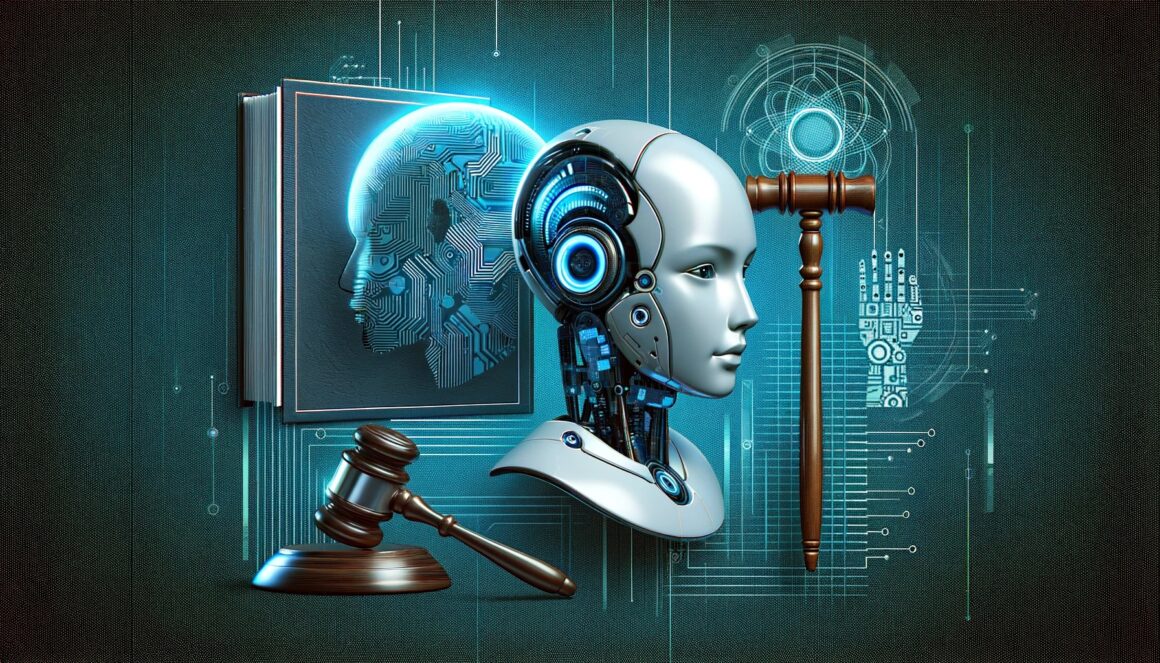AI ethics and governance are critical fields that address the moral implications and management of artificial intelligence (AI) technologies. As AI systems become more advanced and prevalent in society, the importance of these areas has grown significantly. This article will explore the key aspects of AI ethics and governance, including their definitions, importance, challenges, and future prospects.
Introduction to AI Ethics and Governance
AI Ethics focuses on the moral values and ethical principles that should guide the development, deployment, and use of AI technologies. It involves questions of fairness, accountability, transparency, and the broader impacts of AI on society.
AI Governance, on the other hand, deals with the rules, policies, and frameworks that govern the use of AI. This includes legislation, regulatory standards, and organizational policies that ensure AI is used responsibly and effectively.
The Importance of AI Ethics and Governance
The rapid advancement of AI technologies poses unique ethical and governance challenges. These include:
- Bias and Fairness: AI systems can perpetuate or exacerbate biases if they are trained on biased data or designed without consideration for diverse populations.
- Privacy: AI’s ability to process vast amounts of personal data raises significant privacy concerns.
- Accountability: Determining who is responsible for the actions of AI systems, especially in cases of harm, is a complex issue.
- Transparency: Understanding how AI systems make decisions is critical for trust and accountability, yet many AI models lack transparency.
- Impact on Employment: AI could significantly alter job markets, necessitating discussions about retraining and social safety nets.
Key Challenges in AI Ethics and Governance
Implementing effective ethics and governance in AI is not straightforward. Challenges include:
- Rapid Technological Change: The fast pace of AI development makes it difficult for ethics and governance frameworks to keep up.
- Global Nature of AI: AI technologies often transcend national borders, complicating regulatory efforts.
- Diverse Stakeholder Interests: Balancing the interests of different stakeholders (governments, corporations, civil society) is challenging.
- Measuring Ethical Compliance: Quantifying and assessing adherence to ethical principles in AI systems is complex.
Frameworks and Best Practices
Several organizations and governments have proposed frameworks and best practices for AI ethics and governance. These often include principles like transparency, fairness, accountability, and privacy. For instance, the European Union’s General Data Protection Regulation (GDPR) includes provisions relevant to AI, such as the right to explanation.
The Role of Industry and Academia
Tech companies and academic institutions play a crucial role in shaping AI ethics and governance. Many companies have formed ethics boards or committees, and academic research is pivotal in understanding and addressing ethical challenges in AI.
Future Prospects
Looking forward, the field of AI ethics and governance is expected to evolve rapidly. We will likely see:
- Increased Regulation: More countries and regions may introduce specific AI regulations.
- Greater Public Engagement: Increased awareness and public discourse around the impacts of AI.
- Advancements in Ethical AI Design: Techniques to design AI systems that inherently respect ethical principles.
- Cross-disciplinary Collaboration: Greater collaboration between technologists, ethicists, policymakers, and other stakeholders.
Conclusion
AI ethics and governance are essential to ensuring that AI technologies benefit society while minimizing harm. As AI continues to advance, these fields will play a critical role in guiding its development and use in a way that aligns with societal values and norms.
AI ethics and governance are dynamic fields that require continuous attention and adaptation as AI technologies evolve. The collaboration of diverse stakeholders from across society is crucial in navigating the ethical landscape of AI and harnessing its potential responsibly.



